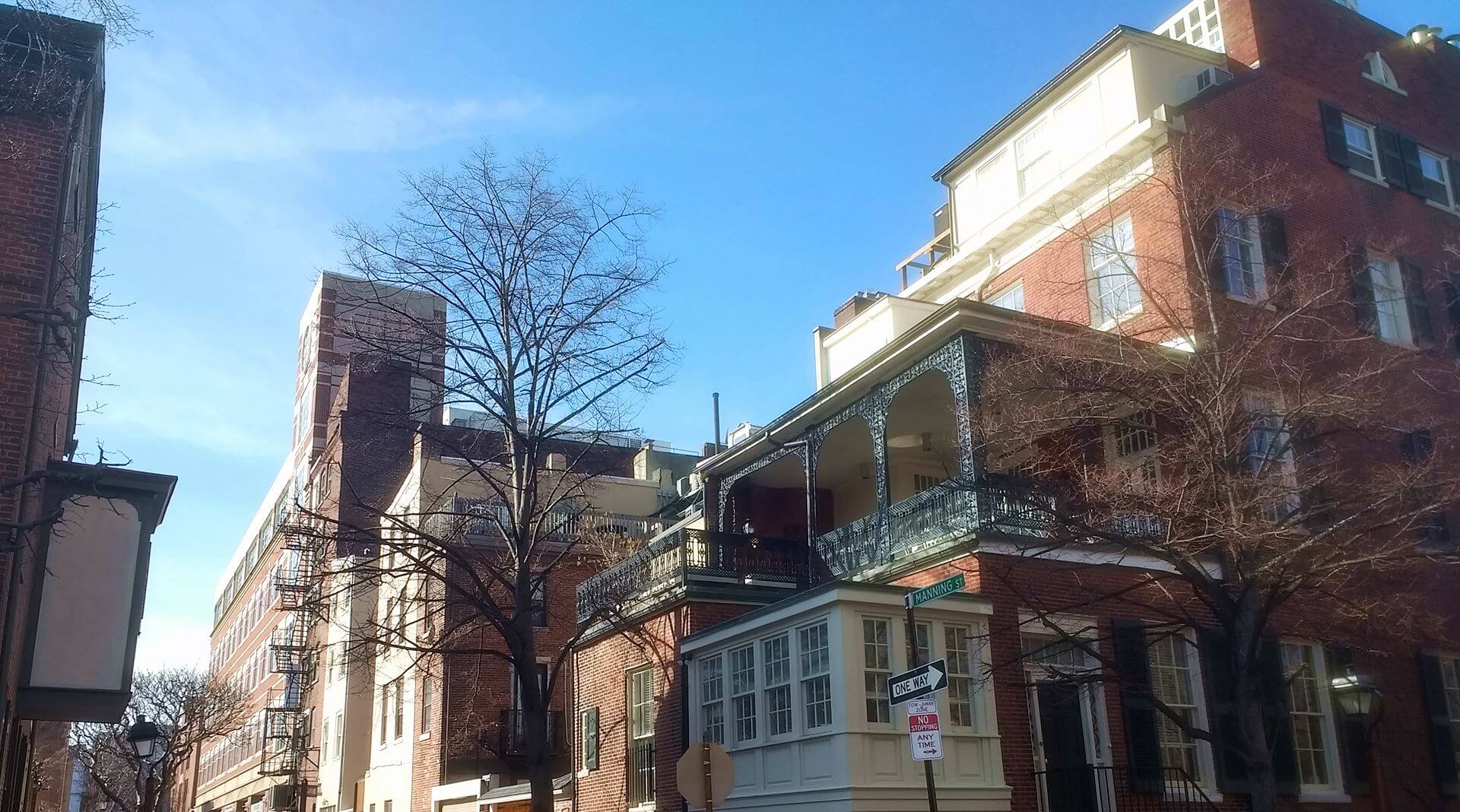There’s a very important phrase in Philly’s Department of Licenses and Inspections literature that doesn’t mean much to anyone outside of development in Philadelphia: prerequisite approval. So today, Permit Philly is going to answer some questions about this process.
In Philadelphia, prerequisite approval means what, exactly?
In the context of permits in Philadelphia, prerequisite approval means that any type of permit application might – for a number of different reasons – require approval by an outside department before that permit can be issued. Getting a Philadelphia prerequisite approval can be time-consuming and, frankly, annoying.
As explained in our building permit checklist, L&I doesn’t generally source your permit application to other departments: you, the applicant, must get approval from those other departments before you apply for your zoning or building permit. These approvals are, naturally, called prerequisite approvals in the lingo of L&I.
When is prerequisite approval required for your permit application?
Well, the easiest way is to just have Permit Philly figure that out for you. But here, we’ll explain how the sausage gets made.
First, it’s useful to understand which departments in Philly must grant a permit application prerequisite approval:
- Streets
- Water
- Health
- Historical Commission
- Art Commission
- City Planning Commission
These six units, under certain circumstances, will each want a look at your permit application before it goes to Licenses and Inspections – which issues all these permits in the end.
For a handy overview of every possible cause for review, check out the City of Philadelphia’s development checklist. It lists each department’s reasons for review, time of review, procedure, and contact information.
That’s a pretty thick read, though, so let’s move on to some broader questions, like…
What are the most common prerequisite approval cases?
Far and away the most common Philadelphia prerequisite approval is the one granted by the Streets Department. Streets needs a look at any new construction. Yep: all developments require a review from Streets.
How this works (as we’ve previously covered) is that Streets will accept a walk-in appointment at their review desk in the Municipal Services Building. You need to come prepared with a full set of plans plus one – the last copy Streets will keep for their records. The design professional of record must – in most cases – sign and seal an application for Streets Department review, along with the appropriate checklist. (The checklists are sorted by the type of development involved – there are four of them, but No. 1 and No. 2 are the most common.) An examiner will look over your site plan for potential areas of concern that might require a more extensive review. In most cases, if your architect has done her homework, this is not necessary; and the examiner will go ahead and physically stamp each sheet of each copy of your plans to certify that Streets has been satisfied. Thus armed, you can apply for your permit.
(Keep in mind that Streets might want a look at your project for other reasons, too. We’ll cover their whole spiel in another post.)
After Streets, the second-most common Philadelphia prerequisite approval comes from the Water Department.
PWD wants to look at any development that causes earth disturbance greater than 5,000 square feet. They won’t even let you get a zoning permit before you attend to their “conceptual review” process which takes two weeks. As they summarize it:
“The Conceptual Review is initiated through the online Existing Resource and Site Analysis (ERSA) Application. Projects will fall into one of four Project Review Paths depending on the Development Type, Watershed, and Earth Disturbance. The Project Review Path will determine what plans need to be attached to the ERSA Application.”
So, it gets more complicated. Just know that if you’re moving a lot of earth for your project, you’ll have to go through PWD before the zoning, and then again before the building permit is processed.
What Other Types of Prerequisite Approval Might Be Required?
PWD requires some other types of approval beyond earth disturbance work: if you’re connecting to the water or sewer mains, you’ll need to provide plans to them for review. You’ll also need their approval for stormwater management of large developments (over 15,000 square feet) or developments in areas prone to flooding.
Streets reviews all curb cuts and encroachments on the public right-of-way – including overhanging signs.
Health requires a full plan review of any new food establishment, which it will follow up with an inspection of the premises. (Read more about that in our guide to opening a Philly restaurant.) Health also will require asbestos cleanup in certain cases, and demand a plan to alleviate air pollution for large demolition projects.
The Historical Commission reviews any work to the exterior of a property in the Philadelphia Register of Historic Places. However, even in cases where the work will be on the interior of the property, the Historical Commission will still review your plans set to make sure that you’re not just saying you’ll modify the interior and leave the exterior alone.
The Art Commission reviews any work on public property, as well as any signs in certain areas of the city. If you want to get a sign put up in Center City, you need to prepare your mind and spirit for a clash with the Art Commission (read more about signs here).
The City Planning Commission handles a number of different cases. For major developments – we’re talking a downtown building you’d notice from, say, Locust and 13th – the Civic Design Review Board advises the other departments whether or not to approve a development. The CPC also reviews any development in areas of the city that are under its jurisdiction, as laid out in the Philadelphia Code. For example: any façade on Chestnut Street in Center City will require a City Planning Commission Review.
(To figure out for sure if the CPC has special review powers over your property, check out the entry in the City’s Atlas system. The zoning tab will tell you which overlay districts govern that parcel, and these overlay districts may require CPC review.)
I am scared of Philadelphia Prerequisite Approval. Help me.
Gladly! Permit Philly can research your property to figure out which approvals are needed – and when – as well as collect the documentation required to apply for these approvals from your architect, engineer, contractor, or tenants. It’s not a maze if you know your way around, is a mediocre slogan we’re considering over here.
And if you’re not sure if any of this will affect your project, just contact us! We’d love to chat with you.

